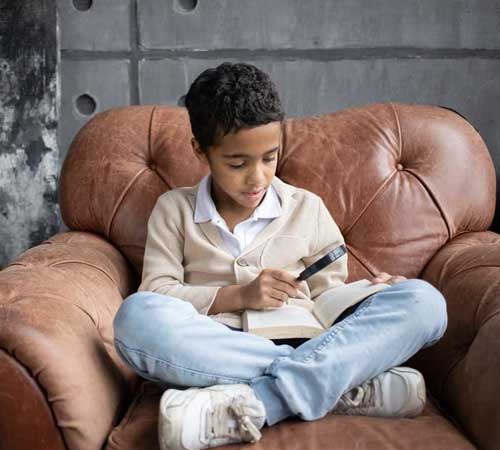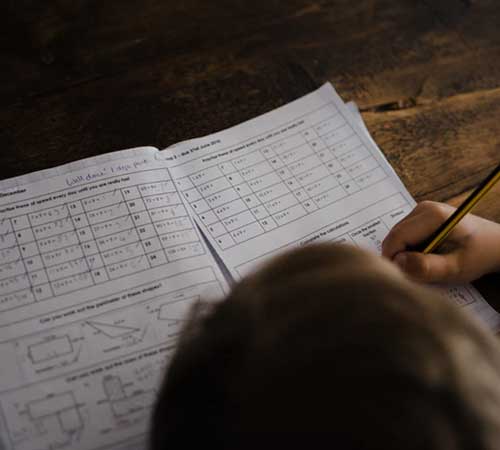
Contrary to popular opinion, childhood depression happens, and kids as young as preschool age could have it.
Below are five ways to spot depression in your child before it occurs.
Notice Whether Your Child Seems Persistently Sad Or Withdrawn
Depression in kids sometimes shows up as they act sad, cry a lot, or persistently complain about feeling down. They might also seem bored all the time or lose interest in their favourite activities.
For example, if your child often says things like, “Nothing is fun,” or “There’s no point in trying,” “I don’t want to play” all the time, that could be a sign that they are depressed.
Pay Attention To How They See Themselves
Listen to how your child talks about themselves in dialogues with you or among their friends.
A negative, self-critical attitude can signal depression.
On the other hand, watch out for if your child blames themselves for things that aren’t their fault or if they talk themselves down all the time.
And do not ignore comments like “I ruin everything” or “I’m the worst student in my class”.
“People don’t like me. I’m not sure I like me either.”
Keep An Eye On Your Child’s Sleeping And Eating Habits
If your child has started staying up until the early hours of the morning, or if they’re having a hard time getting out of bed, it could be a sign that they are depressed.
Also, drastic weight changes, loss of appetite, odd food cravings, tec. can also signal that something is wrong.
Pay Attention To Your Child’s Social Life
Ask your spouse, or another adult who spends a lot of time around your child – Could be their school teacher or nanny- whether your child seems more withdrawn than usual.
Depressed kids often pull away from loved ones and start spending more time alone.
They also may become reluctant to see their friends or go to school.
Do a closer examination and notice if your child is having trouble in school.
Pay attention if your child starts having issues at schools like low attendance, incomplete notes, classwork, or poor grades.
Especially their class teacher, keep in touch regularly so you can be alerted to any problems as soon as they arise.
Be On The Lookout For Emotional Signs
Younger children, including adolescents, pre-teens, even teenagers probably won’t tell you directly that they are depressed.
Help keep an eye on them by listening to how they talk about their days, school, friends, or other aspects of their lives.
Feelings of sadness, such as crying spells for no apparent reason, fixation on past failures or exaggerated self-blame or self-criticism, extreme sensitivity to rejection or failure, and having a need for excessive reassurance; trouble thinking, concentrating, making decisions, and remembering things, etc.
Look For The Triggers
Depression can arise from a number of conditions in a young child’s life.
When considering if your youngster may be depressed, look for events in the recent past that could be leading to depression.
The presence of these things, along with changes in mood or behaviour, could be a sign of depression.
Also Read: How To Deal With Sibling Rivalry
Look for stressful events in the child’s life, such as a recent death in the family, parental divorce, breaking up with a significant other, or doing particularly poorly in school.
Consider Your Family History As Well
For example, if your child has a blood relative like a parent or grandparent who suffered from depression, bipolar disorder, chronic and or alcoholism, they are at a greater risk for depression.
Having a family member commit suicide or a generally dysfunctional family can also contribute to depression in a child.
Find more resources on raising amazing kids here.



